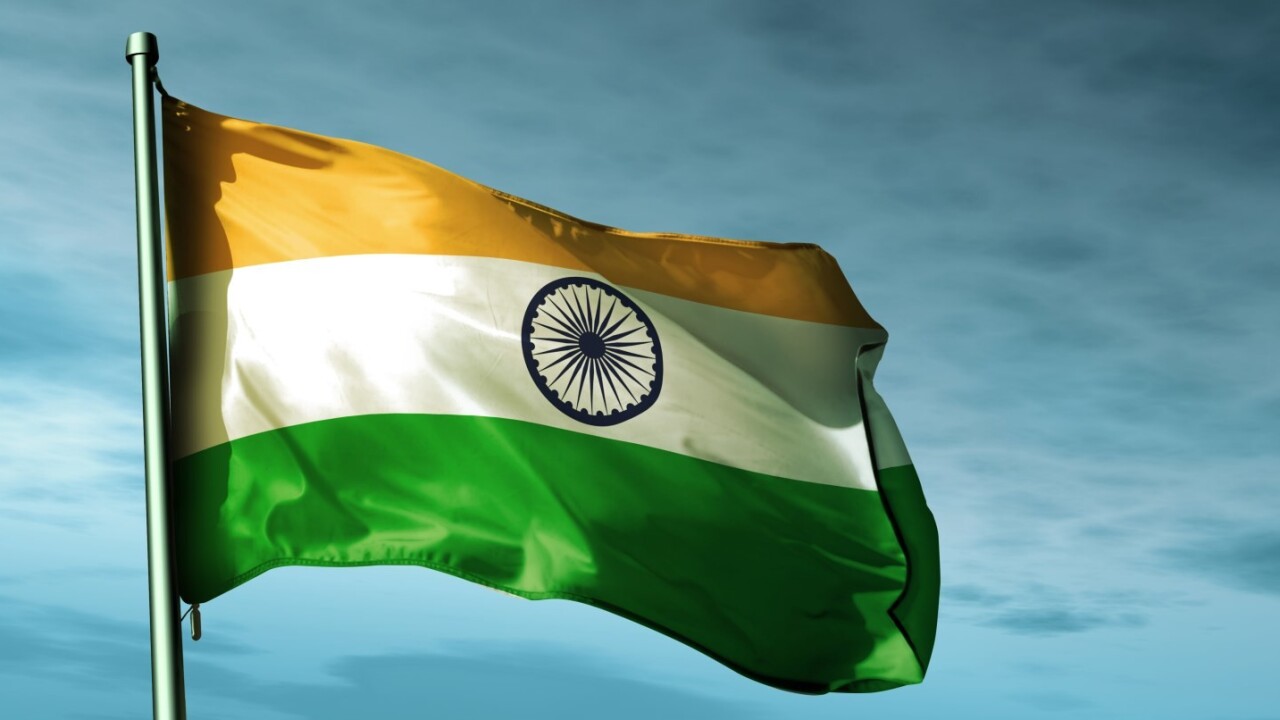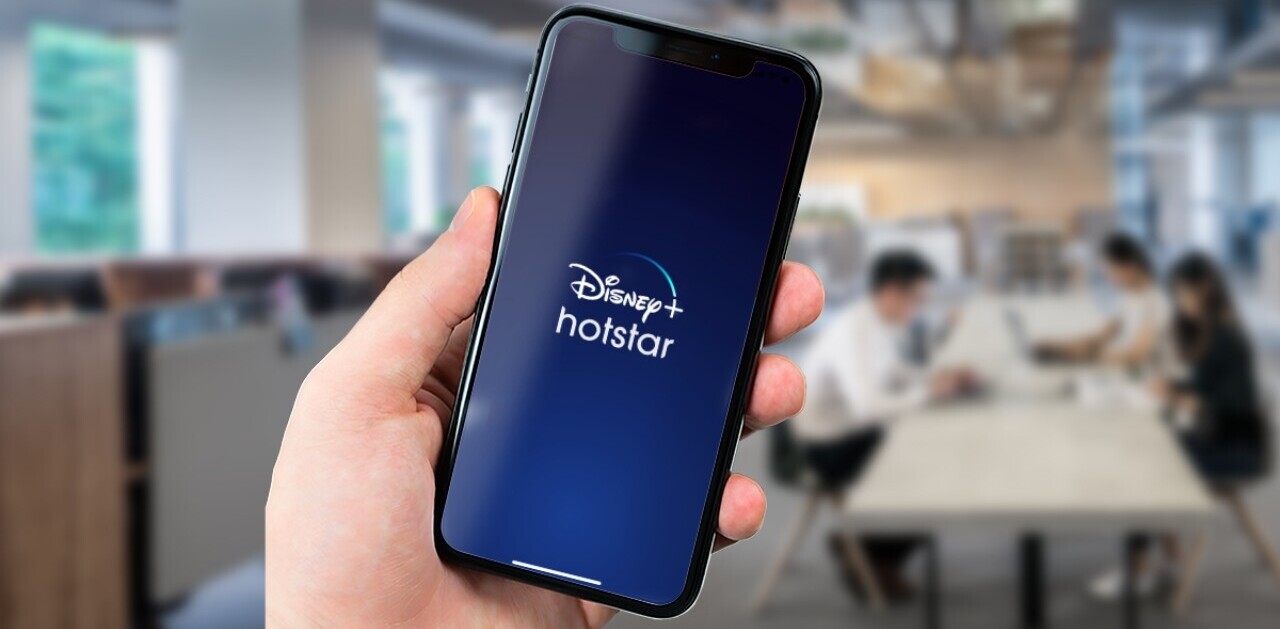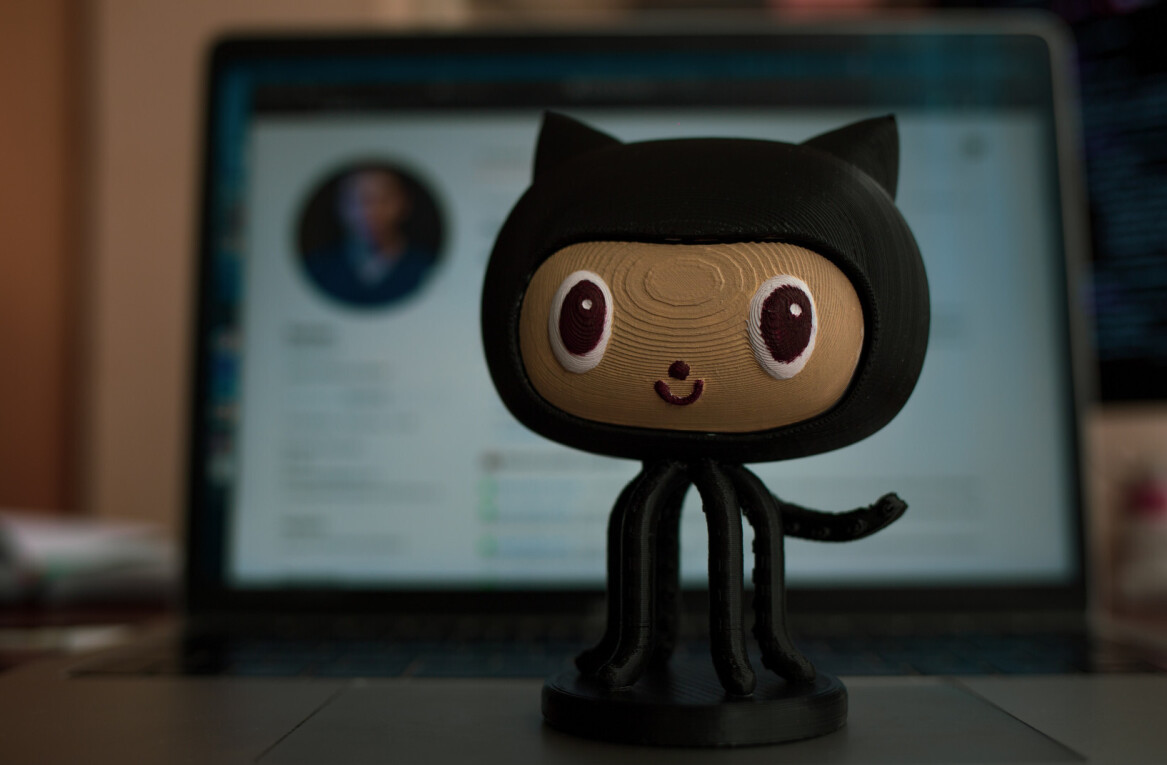
India’s Supreme Court has just ruled that it’s ok for districts and states to temporarily switch of mobile Web services to prevent law and order problems in the country.
The court was assessing a case brought by student activist Gaurav Sureshbhai Vyas who contested the way that police used this power during a protest last year that saw internet services blocked for 63 million in the Indian state of Gujarat.
The student was represented by Indian tech lawyer Apar Gupta but the most senior judge said: “It becomes very necessary sometimes for law and order.”
This kind of power, which is contained in the Indian Telegraph Act, is not unlike those invoked to suppress protest during the Arab Spring.
➤ Supreme Court upholds Internet ban by States [Economic Times]
Get the TNW newsletter
Get the most important tech news in your inbox each week.





